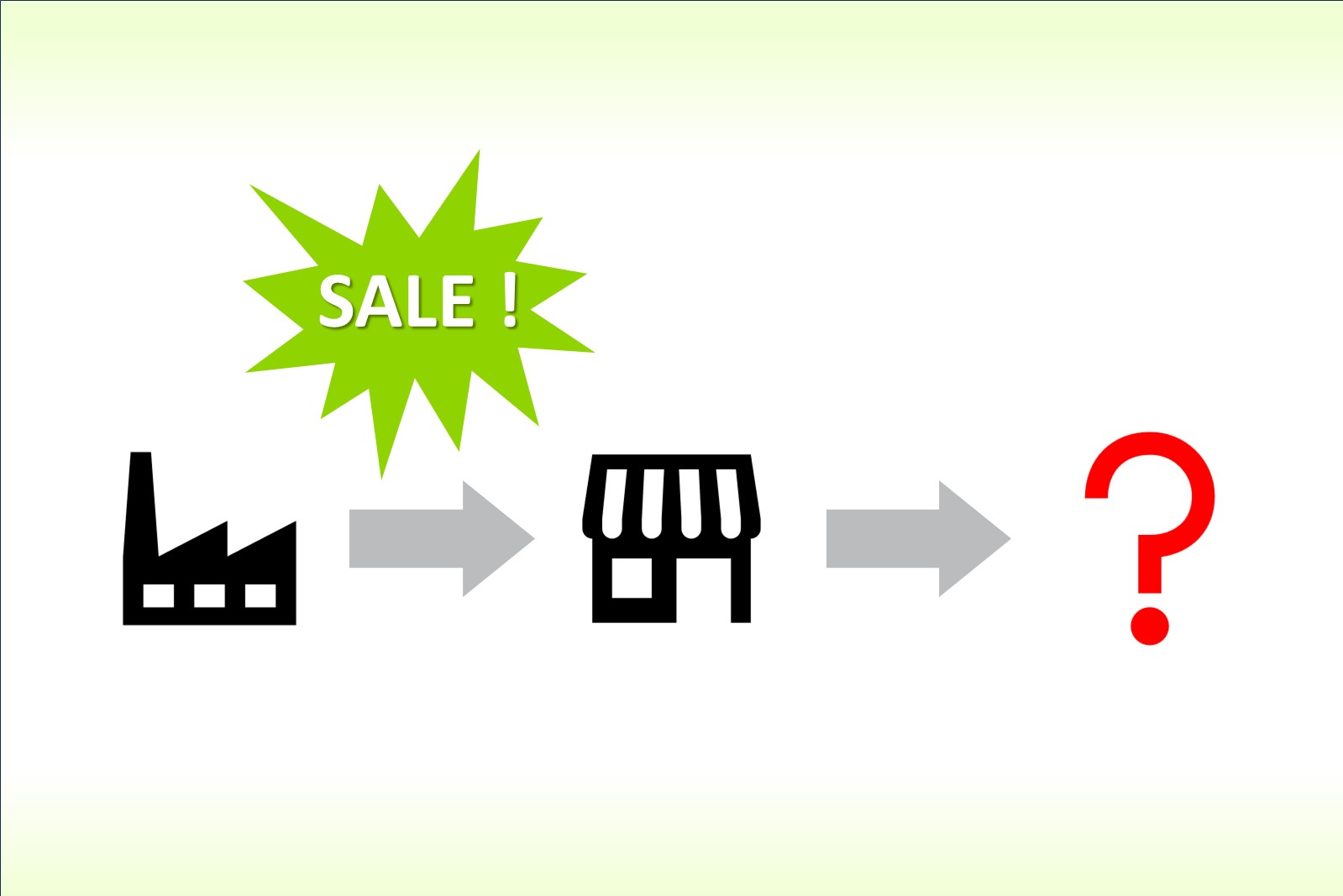
Starting business between Europe and Asia may take a long time but it is worth the patience.
Recently one of our projects reached an important milestone. The first container of beverage (a very well-known brand in its home country)arrived in Japan, and official distribution has started.
It is also important to know that getting to this stage took more than one and a half years from the first introduction of the parties. However, it is not an isolated case. It happens many times. But why did it take so long and what can we learn from it?
Even if you have found a good business partner in the target country, getting the first trade done may take longer than expected. It can also happen if both parties are large corporations with an organization full of experienced specialists ready to take care of each aspect of the business. Actually, the larger and older the trading partners or companies are, the more likely that your first trade will take longer than expected.

The management in an established company already has its ways to make decisions and process deals. They have proven product offerings and well-tested documentation flows. If a new business partner is asking for something different or unusual, the process stops, and the management must evaluate how to react. In international business, it happens a lot.Differences in business culture or the conduct of business usually complicate the process.
This problem also happens many times when a European company wants to get into the Japanese market. Japanese companies are usually risk-averse, and they also check longer-term risks before they make their first decisions. Most of the time they want to manage all the thinkable problems and have a plan for any possible scenarios. Before making the first decision they may ask detailed questions or demand solutions to problems even with very low risk, and even before making the final decision.

On the contrary European companies are used to more adjustments on the way. First, they make their decision. Only then they figure out the details. Asking for too many details before the business starts is unusual to European corporations, especially for those dealing with commodities or well-established brands or products.
If a maker or its product is new to the Japanese market, first it must be measured by local Japanese standards. Having a market elsewhere in the world doesn't give a free pass to the Japanese one. Therefore, European or any other companies who want to sell in the Japanese market typically must go through the detailed due diligence of a local trading partner.
When a prospective Japanese partner has many questions about your product, it usually means that they have done their homework and there is a potential demand for the type of product that you are offering. If you are patient and tend to cooperate, you have a good chance to get in. The key here is patience and trying to understand the reasons behind all the questions of the Japanese buyers. Very likely it will pay off!

5-year import data (2020–2024) reveal Japan’s fast-growing drink categories and 2026 outlook.

Business development tactics to help import F&B brands in Japan prepare for and grow beyond entry.

Why sales fails in Japan – and why business development is key for import F&B brands.